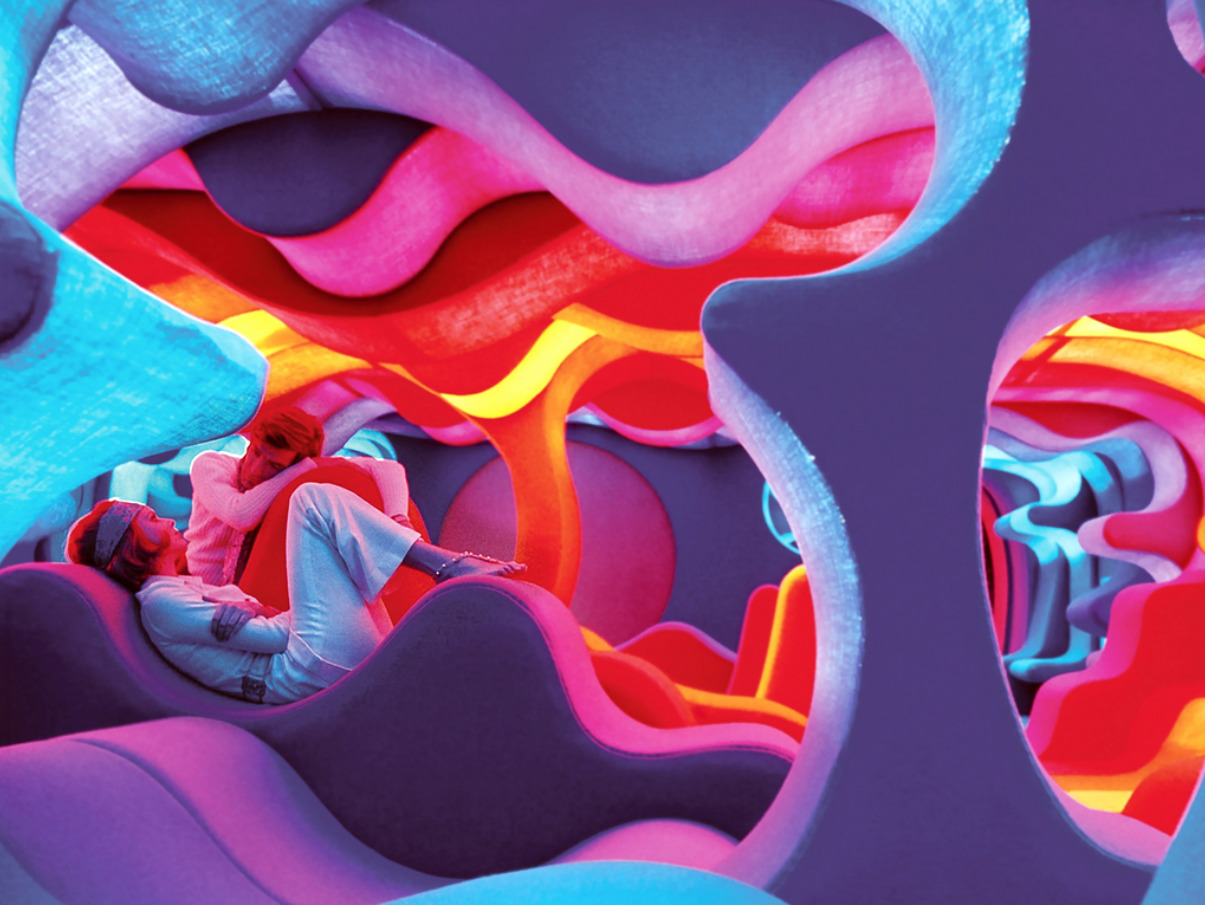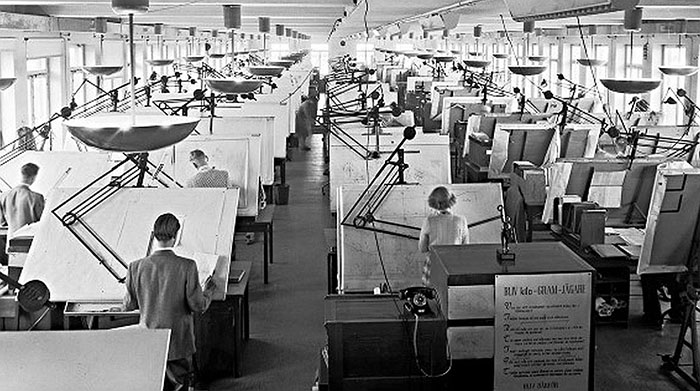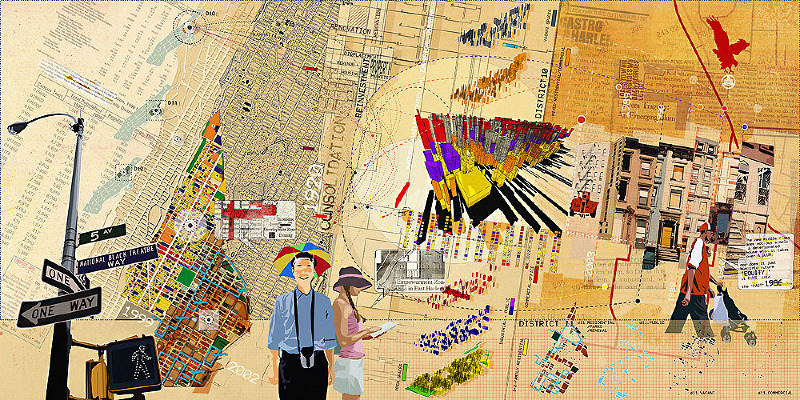
Recent events have shown how essential our homes are in providing a place of shelter, refuge, nourishment, and work. California faces a dire housing shortage. This, along with the climate crisis, will require an increase in urbanization, and a move away from traditional single-family homes. Remaking this domestic space may be increasingly necessary to building a healthy, sustainable, and equitable future.
Housing design and construction is an inherently interdisciplinary process, but current approaches reinforce artificial divisions between the components that make up a residence. In most homes, walls, windows, technologies, products, and furnishings are designed and built separately. The past decades have seen a renewed interest in reformulating our approaches to housing. Pre-fabrication, micro-units, ADUs, and other solutions have attracted interest as responses to our housing needs, but these approaches generally reinforce the idea of housing as a commodity for investors that can be filled with products instead of as a product itself, designed to serve its occupants.
- Instructor: Randolph Ruiz

This studio focuses on housing: through the analysis of history, type and precedents, through lectures and field trips, through study of housing's influence on urban form, and through focused design investigation. Disability codes, energy regulations, exiting requirements, and constructional systems become an integral part of the student work. Cultural and social factors that affect the design and use of housing are also included. A multi-family housing project is the final project of the semester.
- Instructor: Janette Kim

PRACTICE is a required, 3-credit introductory seminar that helps students define their place and responsibilities within the practice of architecture today. It investigates both what it means, and what it could mean, to be an architect in a rapidly evolving economic, political, social and creative context. The focus is on our obligations to ourselves as professionals, to the networks of associations we build over time, to the discipline, and to the greater social and political whole.
Our work is organized as a series of modules exploring expanding ripples of considerations, skills and responsibilities --beginning with the individual and concluding with the place of architecture in the broader context of society. The assignments and work products are generally front-loaded in the semester, with the final weeks focused on strengthening your ability to articulate, in a professional manner, the relevancy of your own design work to the broader discipline.
- Instructor: Randolph Ruiz

This second class in the Design Media sequence focuses on image as a form of architectural media. Building on canonical understandings of the architectural image and its transformation in the Digital Turn, the course positions the architectural image as a form of data processing, distinct from photography or drawing. As the course builds knowledge in image-manipulation and visualization techniques, regular discussions of cultural visual references, realism and image aesthetics help students develop a critical position in the design of images that support design intent.
- Instructor: Lingxiu Chong
- Instructor: Alexander Schofield

Introduction to CCA Architecture Internship
The purpose of the CCA Architecture Internship program is to provide advanced-level students with a grounded, real-world experience in a professional work environment. In the past three years, the nature of the architecture internship requirement by the National Council of Architectural Registration Boards (NCARB) has changed to enable a broader number of experiences to count towards the internship requirement for licensure as described in the Architecture Experience Program (AXP). While most students will work with an architecture design office, internships with contractors, engineers, non-profits, and other organizations conducting work “in support of building or planning projects” are now eligible for the AXP and for the CCA Architecture internship requirement. Please see the AXP guidelines for further details regarding eligible internship sites.
The College maintains a number of resources for student interns and that can be found here: https://www.cca.edu/students/careers/internships/guidelines.
CCA and the Architecture Program are committed to supporting undocumented students throughout the internship search process. Undocumented students can contact their internship coordinator for help identifying options to fulfill their internship requirement.
- Instructor: Randolph Ruiz



